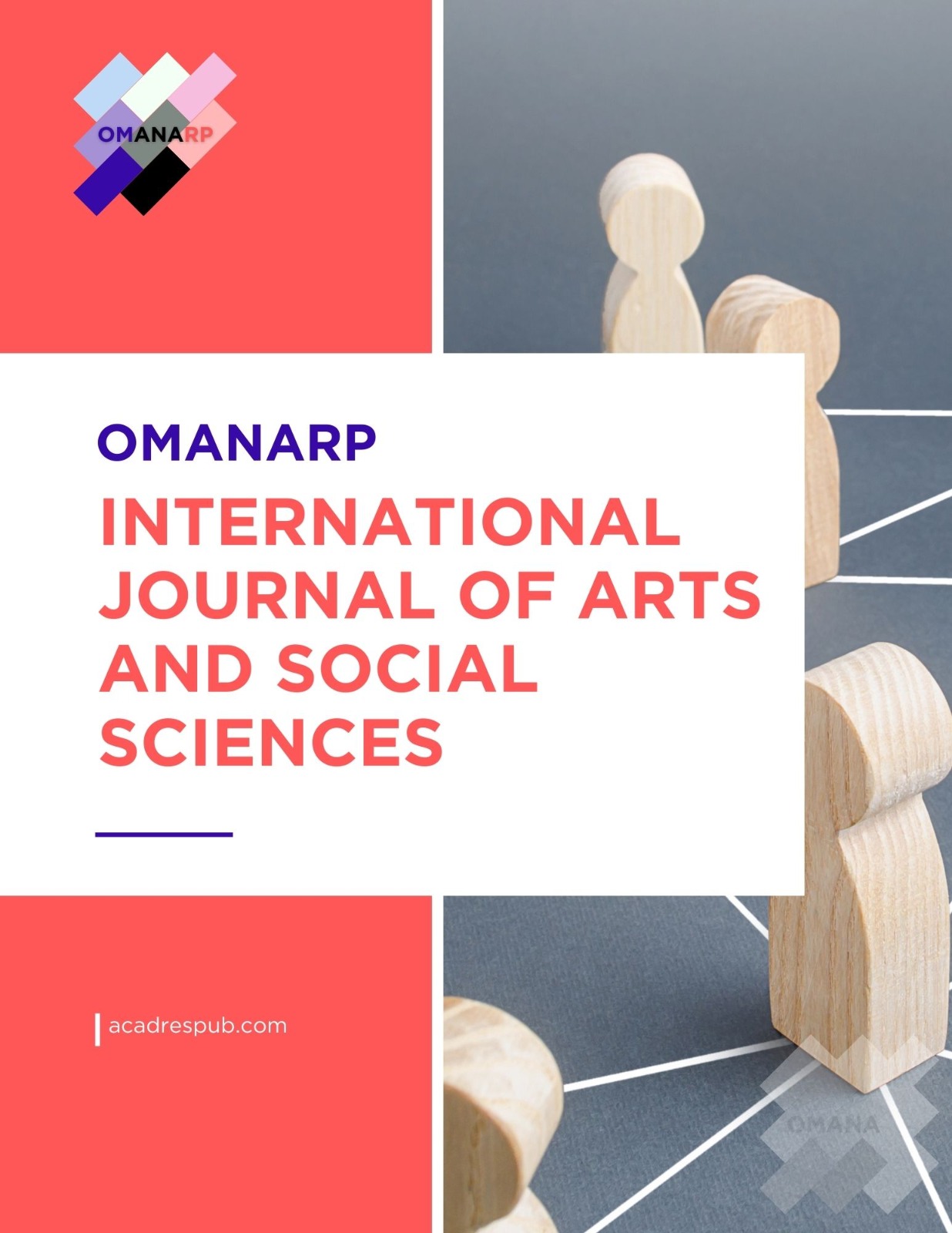ISSUES OF NATIONAL SECURITY IN NIGERIA: THE ROLES OF THE LIBRARY
Abstract
This study examines the critical role of libraries in enhancing national security in Nigeria through strategic information management and public education. Recognizing that addressing the nation's security challenges requires a multifaceted approach involving all stakeholders, the research investigates how libraries can contribute meaningfully to security effectiveness by facilitating information sharing, providing relevant resources, and promoting civic education. The study identifies seven key strategies employed by libraries to support national security: (1) moral reinforcement, (2) targeted dissemination of peace education materials, (3) transformational change initiatives, (4) peace and reconciliation programs, (5) social integration efforts, (6) national development advocacy, and (7) unrestricted access to security-related information resources. The findings underscore the need for systematic collaboration between security agencies and libraries as part of a comprehensive national security framework. The study recommends three policy interventions: first, the formal integration of libraries into national security architecture through government-mandated partnerships; second, the development of specialized library programs focused on security awareness and civic education; and third, the expansion of rural and mobile library services to enhance information literacy among underserved populations. These recommendations aim to leverage libraries' unique position as community information hubs to foster a more security-conscious citizenry in Nigeria's increasingly complex information landscape. The study contributes to the growing discourse on non-traditional approaches to national security by demonstrating how information institutions can serve as vital partners in addressing contemporary security challenges.
Downloads

Downloads
Published
Issue
Section
License
Copyright (c) 2025 Oluchi Bridget Ibeh (PhD, CLN), Bibiana Obiageli Muokebe (PhD), Obianuju Maureen Agwuna (Ph.D), Adaora Maudline Orakpor (PhD) (Author)

This work is licensed under a Creative Commons Attribution-NonCommercial-ShareAlike 4.0 International License.





